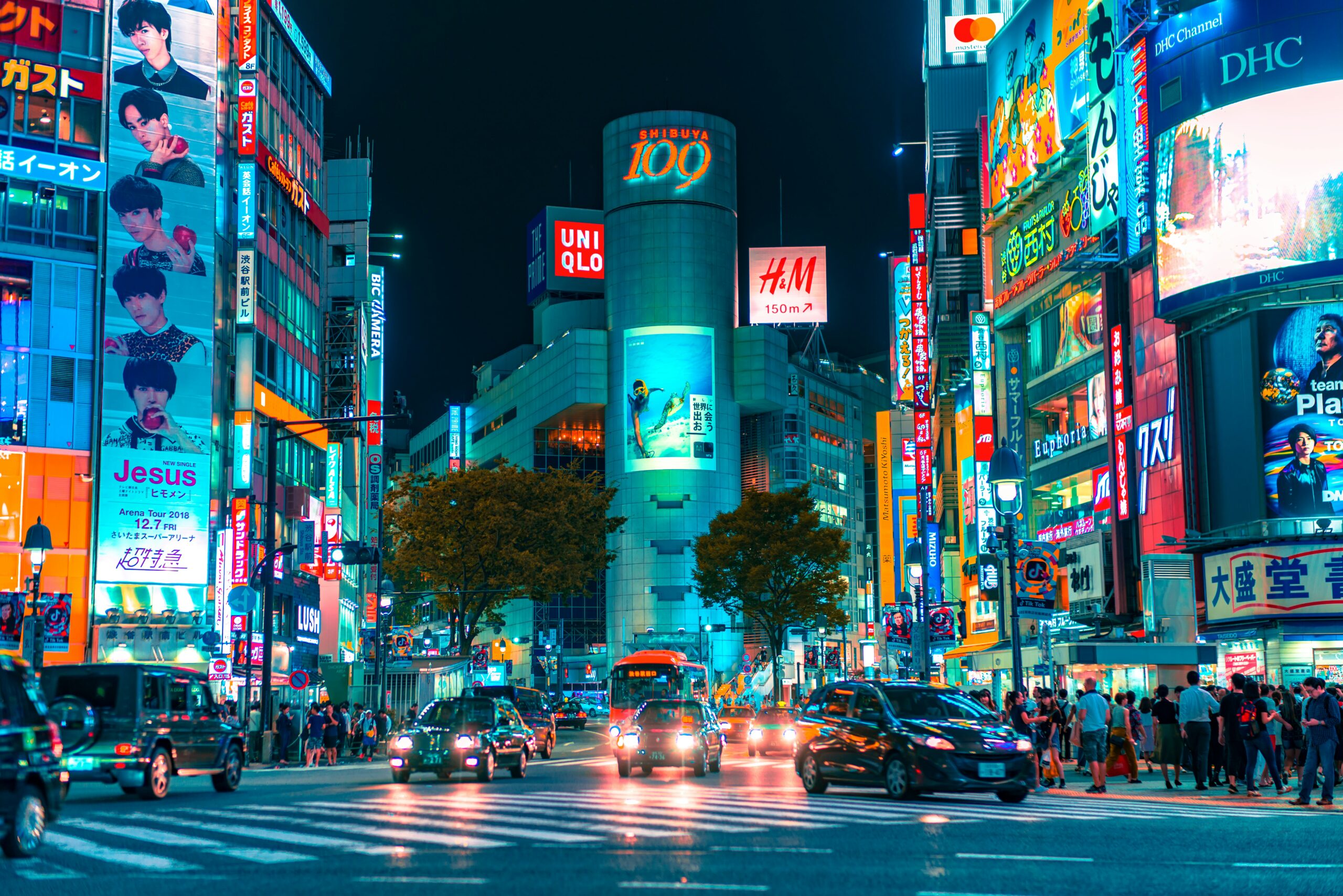Introduction
Welcome to Japan, a captivating country that seamlessly blends ancient traditions with modern technology. Known for its breathtaking landscapes, vibrant cities, and rich cultural heritage, Japan offers a diverse range of experiences for visitors. Whether you’re planning a vacation, considering a study or work opportunity, or exploring business prospects, this guide will provide you with all the essential information you need to make the most of your time in Japan.
Location and Surface Area
Located in East Asia, Japan is an archipelago consisting of four main islands: Honshu, Hokkaido, Kyushu, and Shikoku. It is bordered by the Pacific Ocean, the Sea of Japan, and the East China Sea. With a total surface area of approximately 377,972 square kilometers, Japan offers a diverse range of landscapes, including mountains, forests, and coastal regions.
Climate
Japan experiences a varied climate throughout the year. The northern regions, such as Hokkaido, have cold winters and mild summers, while the southern regions, like Okinawa, enjoy a subtropical climate with warm winters and hot summers. The best time to visit Japan depends on your preferences, but spring (March to May) and autumn (September to November) are generally considered the most pleasant seasons, with mild temperatures and beautiful cherry blossoms or colorful foliage.
Fauna and Flora
Japan’s diverse ecosystems support a rich variety of flora and fauna. From the iconic Japanese macaques bathing in hot springs to the majestic red-crowned cranes dancing in the snow, wildlife enthusiasts will be delighted by the unique species found in Japan. The country is also renowned for its beautiful cherry blossoms, vibrant autumn foliage, and meticulously maintained gardens.
Attractions
Japan offers a plethora of attractions that cater to all interests. History buffs can explore ancient temples and castles, such as Kyoto’s Kiyomizu-dera and Himeji Castle. Nature lovers can embark on scenic hikes in national parks like Mount Fuji or relax in hot springs in Hakone. For those seeking a taste of modern Japan, cities like Tokyo and Osaka offer bustling shopping districts, cutting-edge technology, and vibrant nightlife.
Population
With a population of over 126 million people, Japan is a densely populated country. The majority of the population resides in urban areas, particularly in Tokyo, the capital city, which is one of the most populous cities in the world. Despite its high population density, Japan is known for its efficient public transportation and well-organized cities.
Currency
The official currency of Japan is the Japanese Yen (JPY). It is advisable to have some cash on hand, as not all establishments accept credit cards, especially in rural areas. ATMs are widely available in cities, and major credit cards are accepted in most hotels, restaurants, and shops.
Visa
Visitors to Japan may require a visa depending on their nationality and the purpose of their visit. It is important to check the visa requirements well in advance and apply accordingly. The Japanese government provides various types of visas, including tourist visas, work visas, and student visas. The duration of stay allowed varies depending on the type of visa obtained.
Official Languages
The official language of Japan is Japanese. While English is not widely spoken, especially in rural areas, you can expect to find English signage and some English-speaking staff in major tourist areas, hotels, and airports.
Culture and Customs
Japanese culture is deeply rooted in traditions and customs that have been passed down through generations. Respect for others, politeness, and harmony are highly valued in Japanese society. Visitors are encouraged to familiarize themselves with basic etiquette, such as removing shoes when entering someone’s home or a traditional tatami room, and using chopsticks correctly. It is also customary to bow as a gesture of greeting or gratitude.
Hospitality
Japanese hospitality, known as “omotenashi,” is legendary. From the moment you arrive, you will experience warm and attentive service. Whether you are staying in a traditional ryokan (inn), dining at a local restaurant, or interacting with locals, you can expect to be treated with genuine kindness and respect.
Main Cities
Japan boasts several vibrant cities that offer unique experiences. Tokyo, the capital city, is a bustling metropolis known for its futuristic architecture, vibrant street fashion, and diverse culinary scene. Kyoto, on the other hand, is renowned for its well-preserved historical sites, traditional tea houses, and serene gardens. Other notable cities include Osaka, Hiroshima, and Sapporo, each with its own distinct charm.
Airports and Airlines
Japan has numerous international airports, with Narita International Airport in Tokyo and Kansai International Airport in Osaka being the main gateways for international travelers. These airports are well-connected to major cities worldwide, offering a wide range of international and domestic airlines to choose from. Japan’s domestic airline network is extensive, making it convenient to travel within the country.
Conclusion
Whether you are drawn to Japan’s rich cultural heritage, stunning natural landscapes, or vibrant cities, this captivating country has something to offer every visitor. From exploring ancient temples to indulging in delicious cuisine, Japan promises a memorable experience that will leave you with lasting impressions. So pack your bags, immerse yourself in the beauty of Japan, and prepare to create unforgettable memories.

